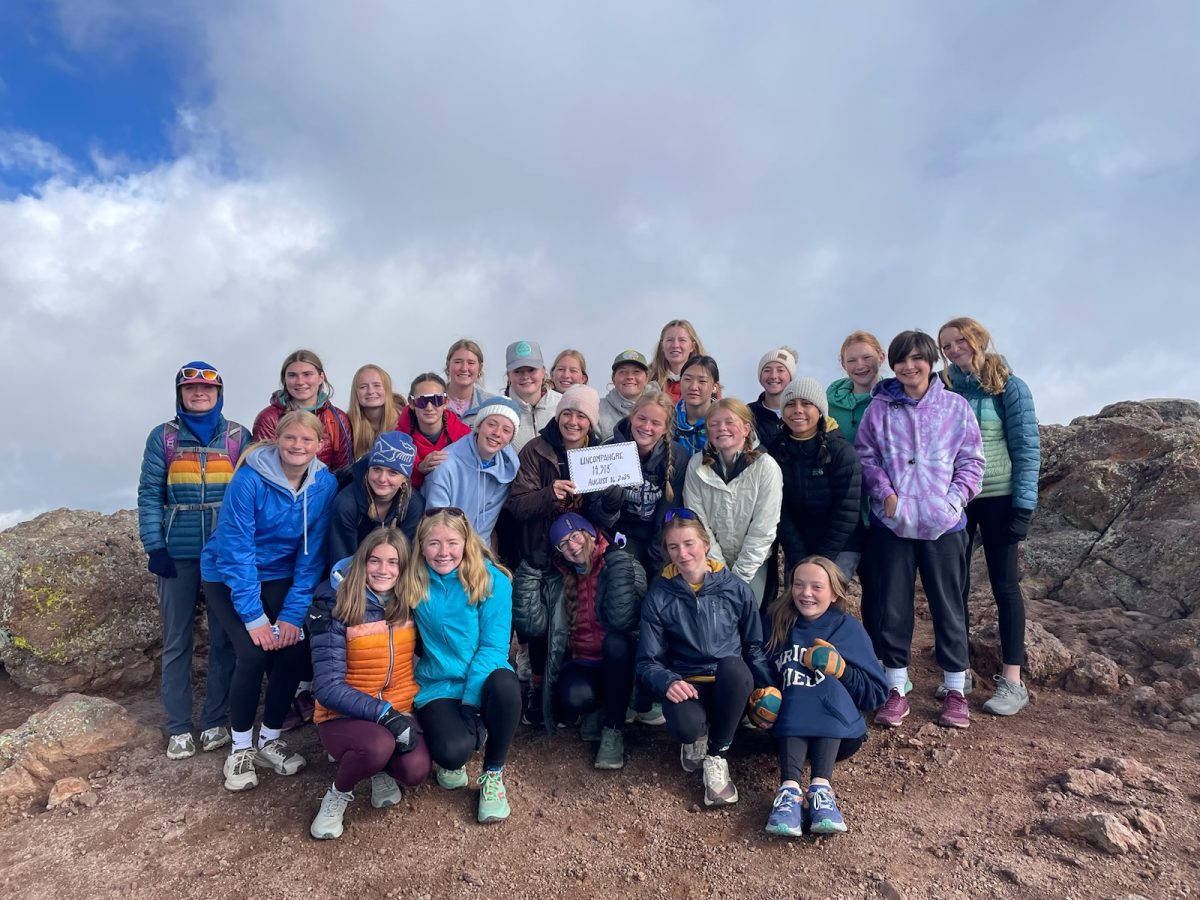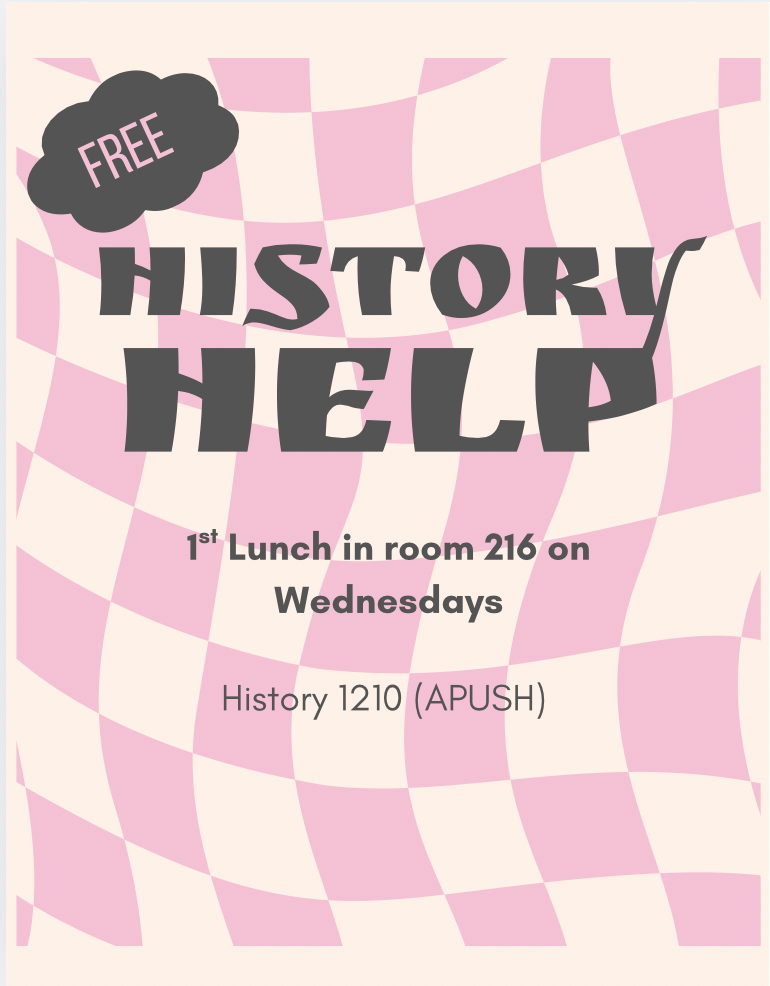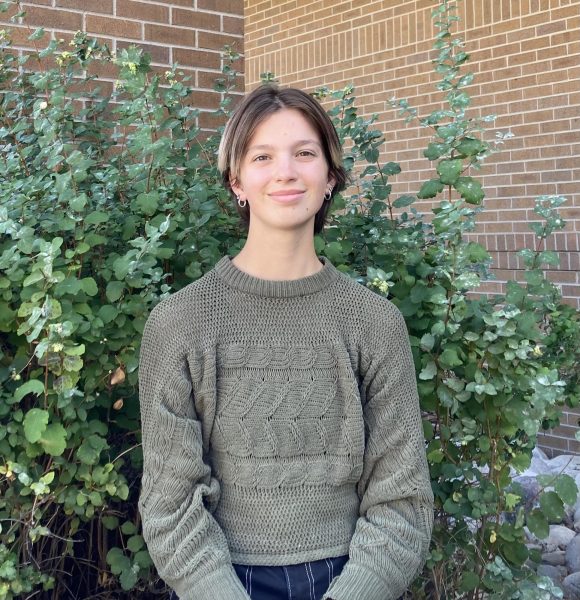In the middle of the 2024-2025 school year, the Salida High School enacted a food ban policy. The policy barred food from being brought outside of the school commons in an attempt to keep messes to a minimum, especially in carpeted classrooms.
The school does not expect for classrooms to be spotless, but minimizing the chances of crumbs and spills in classrooms is one way to make the janitor’s jobs a bit easier. Salida High School Assistant Principal Abigail Cooksey said, “A lot of the issue is that we expect there to be wear and tear to the school. We are not expecting people to leave classrooms perfectly clean.” Cooksey also explained that this ban was enacted to avoid bugs, mice and other pests that have appeared in other schools. With other schools having these issues, and food messes making the janitor’s jobs unnecessarily more difficult, this ban had hopes to help in those fields.
Cooksey has feedback on which classrooms have the most issues with food messes, and will work with those teachers to help with those. This allows for more personalized communication, rather than overarching instructions, and makes it a more efficient policy.
One of the main concerns of this food ban is that students might be hungry in the middle of a class, and won’t have the opportunity to eat until lunch or after school. However, students are able to eat any time of day as long as it is in the commons. Cooksey explained, “It’s hard because people get hungry, but you get lots of breaks during the day, and you can eat in the cafeteria during your breaks.”
Despite the limitations, there are good reasons for such bans. The students are learning to adapt, and the High School thanks them for it.





